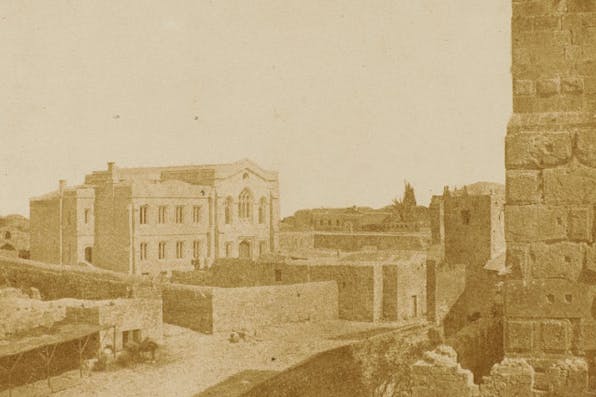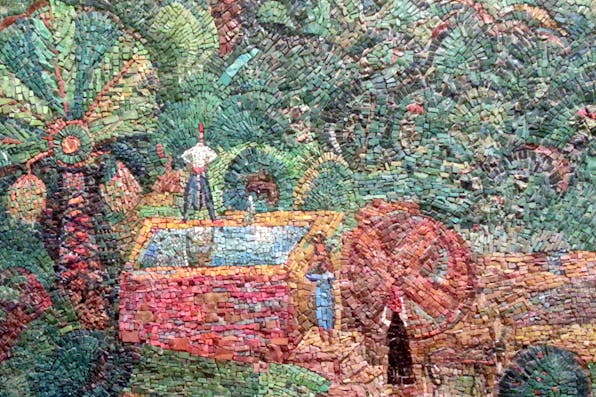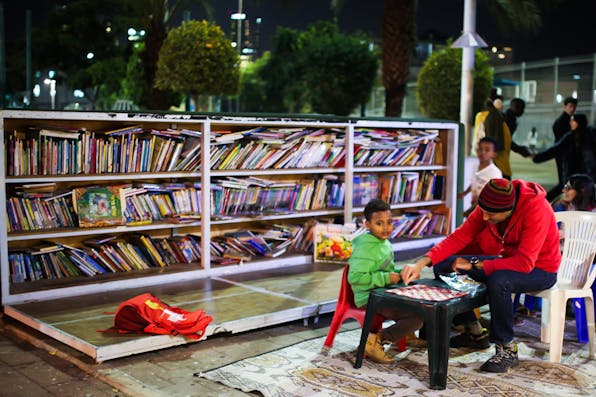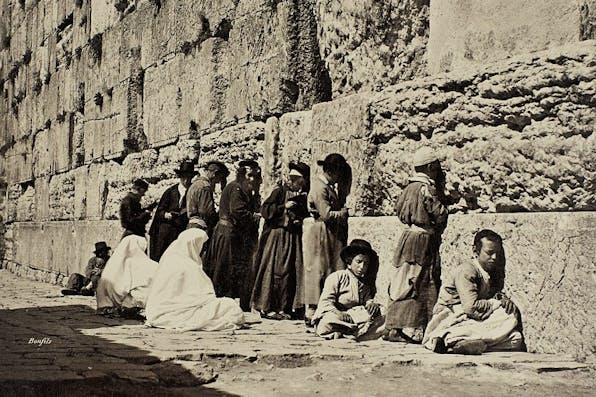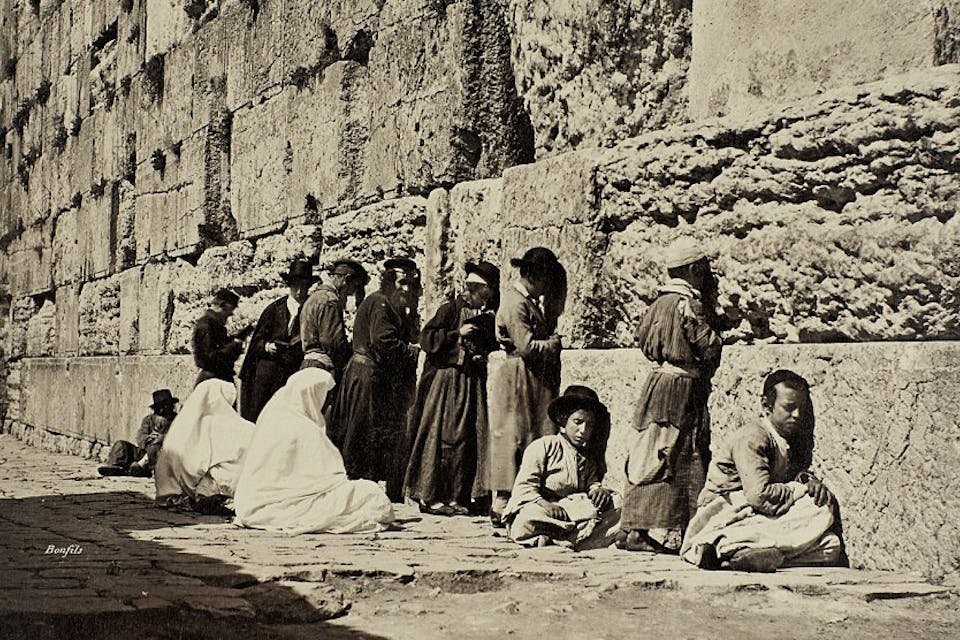
May 31, 2016
Like No Other People, Jews Remain Rooted in Their Past
None of the great Jewish arguments that raged in the 19th century—tradition versus modernity, secularism versus religion, nationalism versus universalism—is over with.
I thank Alan Mintz, Lewis Glinert, and Dara Horn for their appreciative remarks on my essay, “Where Is the Jews’ Homeland?”
I am especially pleased by the attention they have paid to the matter of translation. As the series of essays about Hebrew writers that I have been publishing in Mosaic has progressed, I have come to regard its translated excerpts as at least as important as (to use Alan Mintz’s words) “what a critic or scholar” (in this case, me) “has to say about them.” Authors like Joseph Perl, Avraham Mapu, Peretz Smolenskin, and now Yehudah Leib Gordon have either not been translated into English at all or been translated badly, often by academicians writing about their work; yet nothing stated about this work, no matter how cogent, can convey its qualities as can even a small but well-translated sample. In writing my current essay, for example, I was helped by Michael Stanislawski’s outstanding biography of Gordon, For Whom Do I Toil? Yet Stanislawki’s many translations of Gordon’s Hebrew verse, while providing the English reader with an accurate notion of its ideational and emotional content, impart no sense of what it is actually like. Gordon the man comes through to us. Gordon the poet does not.
By any reasonable standard, Gordon was a minor poet. He was, though, a skillful one, whose verse can be read with enjoyment in Hebrew to this day and—as I hope I have demonstrated—in English, too, when translated sensitively. If he was universally regarded as 19th-century Hebrew literature’s best poet, this was simply because there was none better. One might compare him in this respect to Longfellow, who was widely regarded by his American countrymen in a similar light. Although Longfellow can also still be read with pleasure, even if hardly anyone does so any more, 19th-century American poetry for us today is Dickinson and Whitman. And yet Dickinson and Whitman were solitary figures, not part of the literary culture of their day, which failed to give them their due. Subtract them, and Longfellow (unless one prefers Poe) remains the best of his age.
